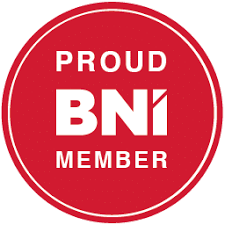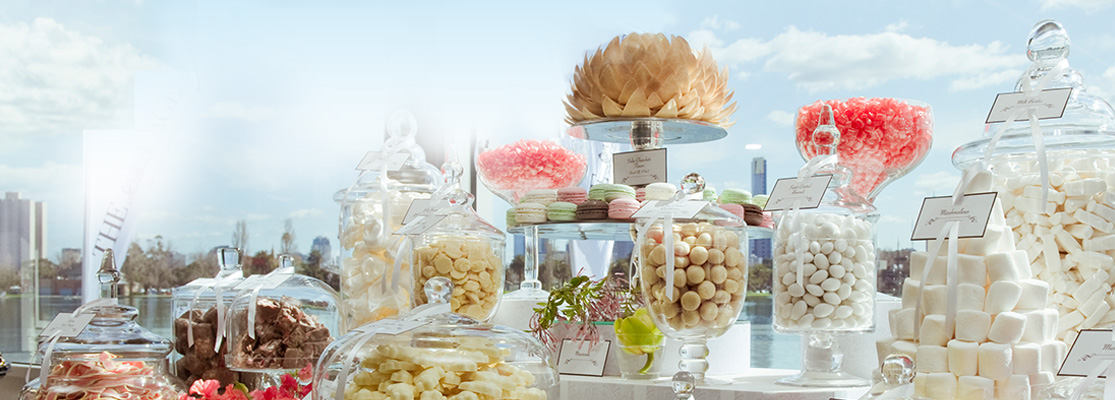NOTHING is safe in the trademark wars. Not water, not colour, not even the throaty roar of a motorbike being gunned at five in the morning.
The courts ruled that BP could own a shade of green, then decided it couldn’t. That Cadbury’s couldn’t own the colour purple. The makers of Barbie and Bratz are slugging it out in the courts over which company has a right to market bratty dolls. Mars lost a case involving an alleged infringement of Maltesers and even beer companies have battled over branding.
Usually they are tales of Goliath versus Goliath. But during the week a drama played out in the Federal Court that was a true David versus Goliath – in which Goliath won.
Husband-and-wife team Mark and Brenda Robinson run a small, Melbourne-based family company called Nature’s Blend. Not including the Robinsons, it has four staff and since 1986 they have been selling a range of health supplements and confectionery. Among their products is the Luscious Lips range of milk chocolates and jellies.
When the couple discovered about three years ago that Swiss multinational food giant Nestle was selling ”luscious lips” jellies in its Retro Party Mix pack of lollies, they decided to protect their trademark in the courts.
The couple argued that Nestle – which has a 21.5 per cent share of the $2.9 billion-a-year confectionery market in Australia – had infringed the registered trademark name of their Luscious Lips jellies. Nestle denied any wrongdoing and the case went to a full court of the Federal Court. Three judges rejected the couple’s claim during the week. The case is believed to have cost the Robinsons’ company tens of thousands of dollars – ”enough to feed 10 families for a year,” Mr Robinson told The Sunday Age.
The court found that Nestle had used the term ”luscious lips” as a description of the lip-shaped lollies, not a brand.
The Luscious Lips case follows several trademark infringement cases in Australia in the past year involving Maltesers versus Malt Balls, Nutrientwater versus Grassroots vitamin-enhanced waters and Lion Nathan’s Barefoot Radler beers versus US wine giant Gallo’s ”barefoot” wines, and, in the US, Barbie versus Bratz Dolls.
Clayton Utz lawyer Mary Still said companies had become more vigilant about trademarks. . ”A manufacturing company where the business is the sale of confectionery or cereal or soft drink, their brand names are a significant part of the value of that business,” she said.
”Clients realise it is up to them to jump on people infringing on their trademark. They have an obligation to take whatever steps are necessary to protect that brand name from being devalued.”
Middletons lawyer Tony Watson said trademark wars were all about protecting market share. But he said in cases where a competitor started selling lookalike products, it was often difficult to prove it was misleading or deceiving the public.
”You’ve got to find witnesses who say they were confused and bought the product thinking it was someone else’s product,” Watson says. ”Most people who do this are not likely to charge back into the store and say they made a mistake and bought the wrong product.”
Many companies are registering trademarks for particular aspects of how a product looked, instead of the actual product. Toblerone has trademarked the shape of its chocolate bars and Coca-Cola the shape of its bottles.
Even smell and sound can be trademarked. An application was lodged in England to have the smell of a beer-scented dart registered. The idea was that as the dart was sent flying towards the dartboard, patrons got a whiff of beer, making them want to head to the bar.
Harley-Davidson registered the sound of its motorcycles starting up. Whiskas registered the sound of a spoon tapping twice on a cat-food tin, as featured in its TV ads.
”We act for fashion designers who are trying to protect original designs, inventors who are trying to protect their original inventions,” Mr Watson said. ”It’s quite frustrating for these people.”
In the Luscious Lips case, the judges sided with Nestle, finding that anyone who picked up a pack of the Retro Party Mix lollies would see the brand Allen’s displayed on the front and Nestle on the back. ”The consumer then is left in no doubt as to the commercial origin of the product by the time he or she has read the … humorous description referring to one of the lolly varieties as ‘luscious lips’,” the judges said.
Mr Robinson said he was disappointed with the decision. ”Small businesses, just like big businesses, rely on their intellectual property from the sign out the front to the branding on their goods and services,” he said. But the loss wasn’t a rout. Nestle has since dropped the term ”luscious lips” – for ”lips”.


